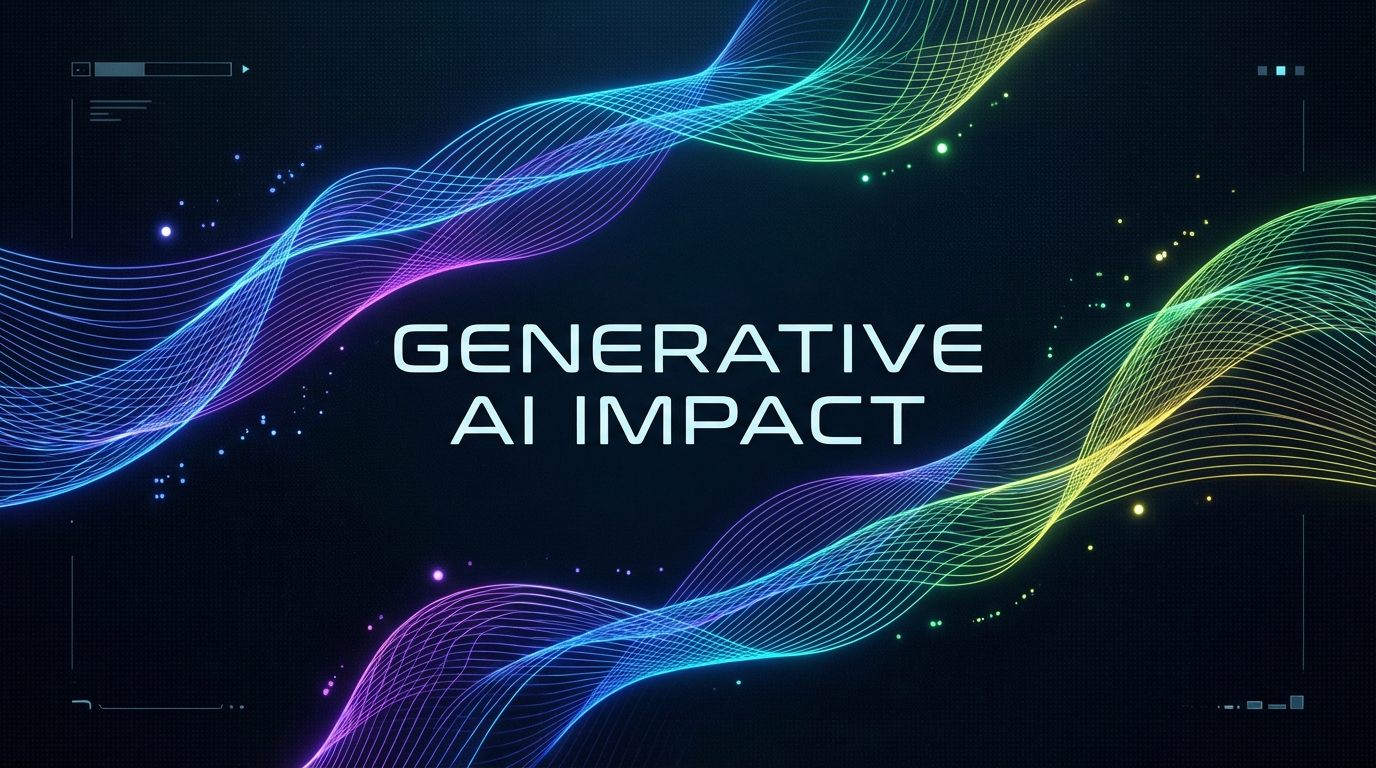The EU AI Act & Generative AI
October 22, 2023

Generative AI has shifted the tech landscape, from conversational chatbots to revolutionary artistic tools. However, as this technology moves away from "black box" origins, the EU AI Act introduces a framework for responsible innovation.
High-Risk Classification
Given its versatility and capacity for creating indistinguishable-from-human content, many Generative AI systems will likely be classified as high-risk. This triggers stricter requirements for developers, focusing on transparency and comprehensive risk assessments.
Key Pillars of the Act
- Transparency: Users must be clearly informed when they are interacting with an AI system.
- Bias Mitigation: Developers must actively work to prevent and address discriminatory outputs within their models.
- Human Oversight: Ensuring "human-in-the-loop" mechanisms are present for critical decision-making.
Opportunities for Innovation
While compliance may seem daunting, it offers a path for businesses to build trust and separate their products from unreliable alternatives. Navigating this landscape is not just about avoiding fines, but about leadng the next wave of ethical tech development.